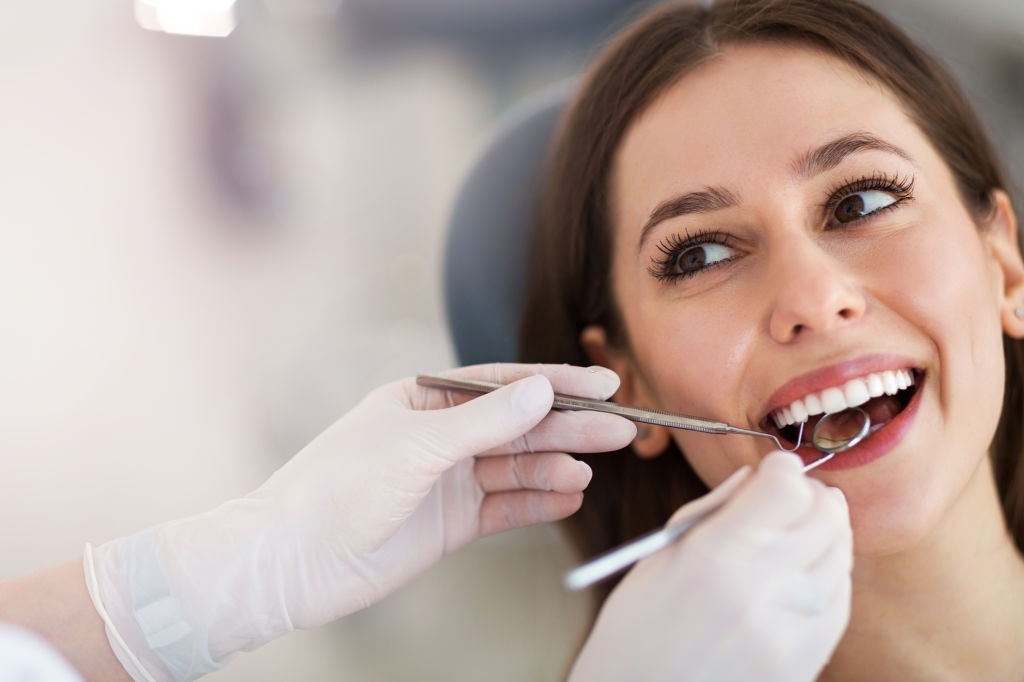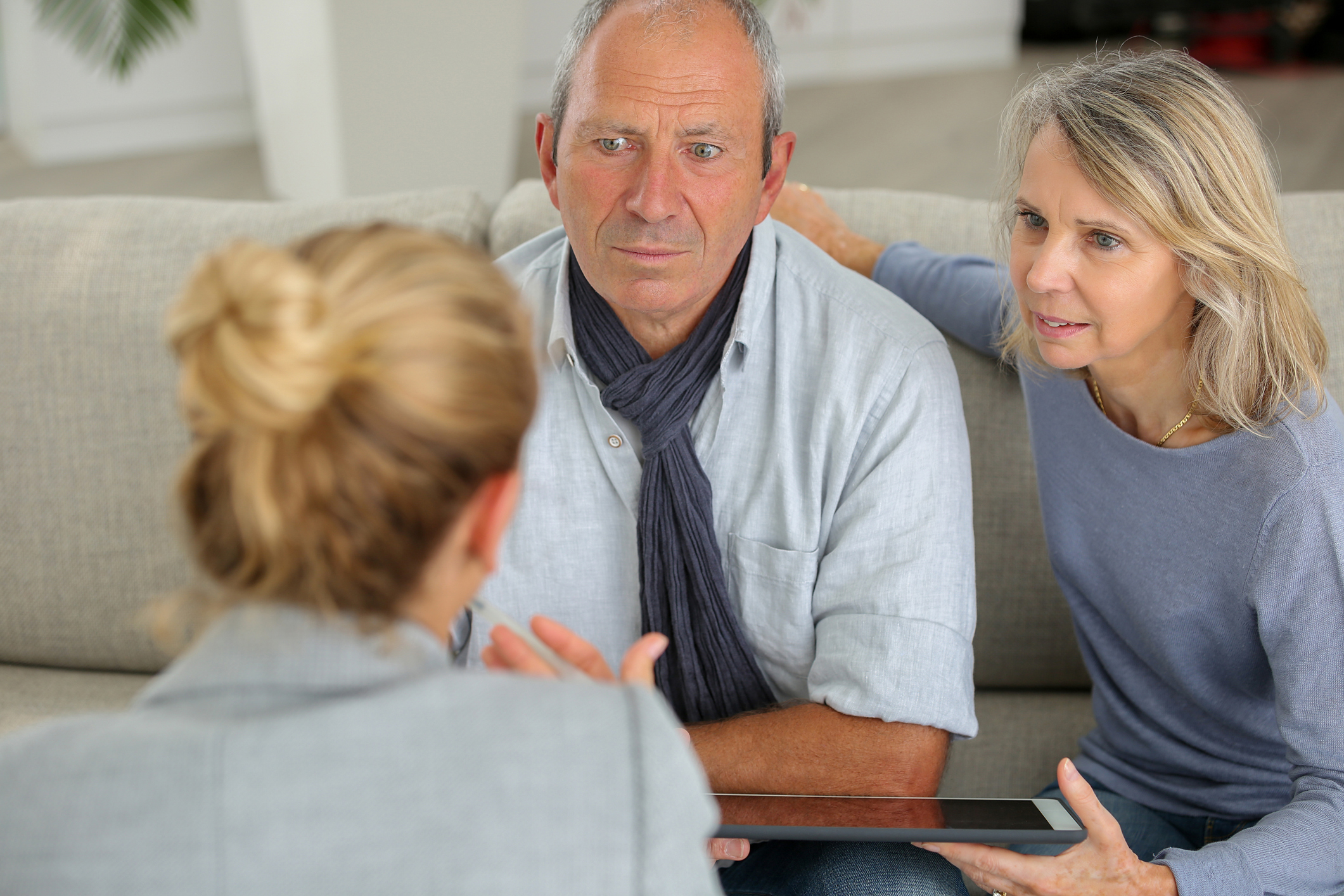One in twenty people develop kidney stones in their lifetime but what are they?
Kidney stones are hard deposits of acid salts and other minerals that bind together in concentrated urine. This occurs when there is a decrease in urine volume and/or excessive levels of stone-forming substances in the urine. According to the experts at House Call Doctor, while kidney stones can be extremely painful, they typically do not cause any permanent damage.
There are four types of kidney stones:
- Calcium stones: composed of calcium and oxalate,or sometimes calcium and phosphate, these are the most common type of kidney stone.
- Uric acid stones: formed when urine becomes too acidic. These stones can form on their own or with calcium.
- Struvite stones: caused by certain urinary tract infections, the bacteria causes a build up of ammonia in urine. Stones then form made of ammonium, phosphate and magnesium.
- Cystine stones: these stones are the rarest and occur in people with a genetic disorder that causes cystine to leak from the kidneys into the urine. This cystine builds up and forms a stone.

Symptoms:
The most common symptoms associated with kidney stones include:
- Severe pain in loin and groin due to the stones blocking the flow of urine from the kidneys into the bladder
- Pain can be severe, sharp or sudden in the abdominal region
- Pain can also occur in the back or along the side of the body
- Blood staining in urine
- Vomiting, sweating and nausea due to pain.
Treatments:
The majority of the time, kidney stones are left to pass naturally out of the body through the bladder. Pain medications are often prescribed by doctors and in some cases, drugs that facilitate the passing of urine will also be given. Medical intervention such as lithotripsy or surgical techniques can be used in extreme cases.
How to prevent kidney stones:
The following tips can help ease the pain of kidney stones and prevent them forming in the future:
- Drink plenty of water
- Take medications as directed
- Eat a balanced diet
- Exercise regularly
- Lower salt intake
- Use toilet when the urge is present
- Avoid alcohol.
If you have had a kidney stone, prevention methods to avoid having another include:
- Consulting with your doctor about the cause of the first stone
- Asking your doctor if any medication you’re taking may be the cause of the stone
- Seeking proper treatment for urinary tract infections as soon as possible
- Staying hydrated and don’t drink too much coffee or tea
- Reducing your salt intake
- Consulting with your doctor before making any changes to your diet.
Complications of kidney stones
As kidney stones can vary in size, it’s possible for a larger stone toget stuck in the urinary system resulting incomplications like a block in the flow of urine or strong pain.
As well as this, kidney stones can cause permanent kidney damage and increase the risk of kidney or urinary infections. This in turn can lead tothe spread of germs into the bloodstream.












